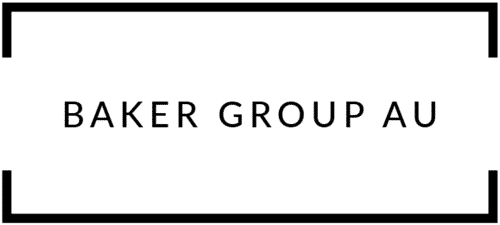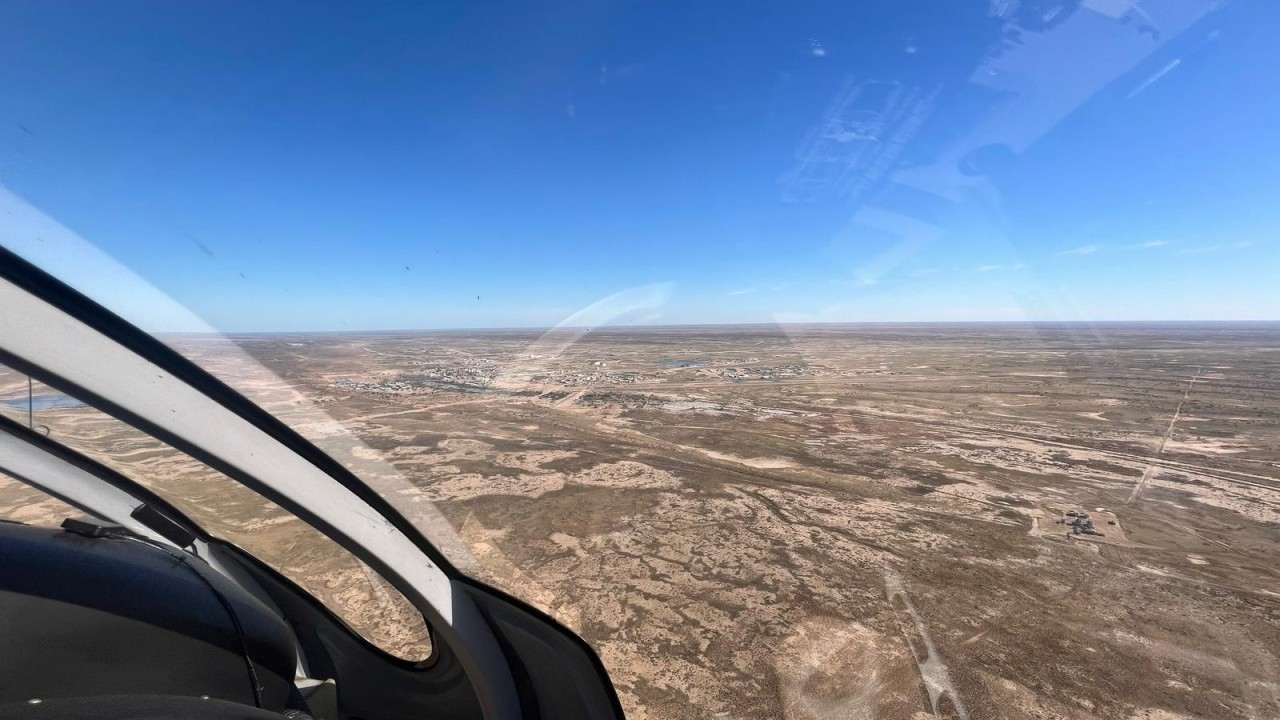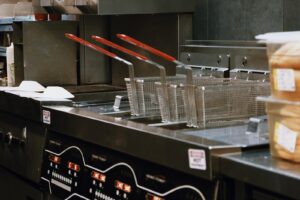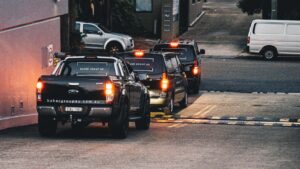When I founded Baker Group, remote commercial kitchen repair, especially in remote regions and offshore environments wasn’t something we initially planned for. We knew a national footprint was important, but it was the metropolitan areas that were a priority to begin with.
However, as we expanded into Western Australia, new opportunities in remote areas naturally emerged. At the same time, we were hiring technicians with experience of mining sites and their operations in both WA and QLD.
We quickly recognised that remote work was not only a chance to broaden our service offering, but also a way to offer our technicians higher earning potential through these challenging assignments.
It also became clear early on that remote work opportunities exist across Australia — not just in WA. Given the size and diversity of the country, remote projects are part of the landscape in every state. But supporting clients in remote locations demands meticulous planning and the right expertise only comes with experience.
Over time, we’ve refined our approach to planning, resourcing, and pricing, constantly learning and adapting from every project to deliver better outcomes. Each site presents unique challenges, but with Baker Group’s national reach and deep experience, our clients can be confident that wherever they operate, we’re ready to support them at the standard they have come to expect.
Here’s how this side of our business has evolved over the past five years.
How did your national footprint help secure remote work?
We’ve come to classify remote work into two categories:
- Onshore Remote — anything that requires a plane to get to on land, such as mine sites or prisons.
- Offshore Remote — anything not on land, such as super yachts, oil rigs or cruise liners.
Often their only common feature are commercial kitchens with equipment that needs the same ongoing maintenance and repair as it would in a metropolitan venue.
The irony is that Baker Group is the only company that specialises in sending technicians to remote locations in Australia, because we have such a strong presence in the major cities.
Servicing remote communities and offshore operations needs a stable base across Australia’s major metros, a large team of technicians and a single point of contact backed up by an experienced admin and operations team.
From a business perspective, we’ve learnt on the job. Firstly, by hiring people with experience in this sort of work and then by supporting their expertise and building a structure that would be attractive to clients. This also allows us to capture the many variables involved in planning, managing and pricing remote site servicing.
Generally, we first carry out a condition report. This means going to the site and conducting an asset condition report to get an understanding of the operation, the condition of the equipment, and the type and volume that’s going through the kitchens.
Once we’ve done the condition asset report, we provide recommendations as to ongoing maintenance or immediate repairs and what’s required to ensure minimal downtime going forward.
Every remote site is different and while we do offer a 24-response time for breakdown work, this is very rare as we set up proactive maintenance plans to avoid reactive repairs where possible. We can also support larger clients remotely through technical support for their onsite teams, especially if they have electricians or plumbers on the ground / aboard.
Some examples of remote commercial kitchen servicing
Our remote-work technicians tend to either cover mining operations or work as part of our marine offshore team. For mining sites, we might go there every 12 weeks so that we are effectively maintaining all equipment over a six-month period, broken down into four separate visits.
However, you have to be flexible with this sort of work. There are the demands of the site, both onshore and offshore, and occasionally legislative requirements to consider.
For example, on a cruise liner you can work throughout the day because there are so many kitchens to service. But on oil rigs, service times can vary based on operations onboard and personnel activity at the time. Some ports have restrictions on what work can be carried out while a vessel is docked. So, we have a standard daily rate but many of the variables are site dependent.
What would be routine in a city venue can also take on a new level of complexity at a remote site. One of the biggest challenges with cruise ships is the age of some of the equipment and whilst we may recommend replacement of assets, replacing kitchen equipment on a ship is not straightforward.
In cases where equipment replacement is not viable right away, our technical team can retrofit parts if the originals are no longer available.
Do Baker Group technicians enjoy remote site work?
Remote site work isn’t for everyone, and technicians tend to either be really interested in it or not interested at all. There are clearly financial benefits to specialising in remote site work, but we’ve found that the challenge of working in a new environment is a more common driver with the remuneration as an added bonus.
You also need a large team to support these operations because sending three technicians into the desert or international waters for two weeks comes with complexities. There are back-end costs to manage things effectively and this takes a top administration team.
I’m proud that Baker Group are number one in this space, and we see a lot of runway here for continued growth in coming years.

